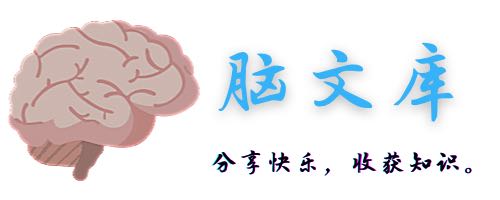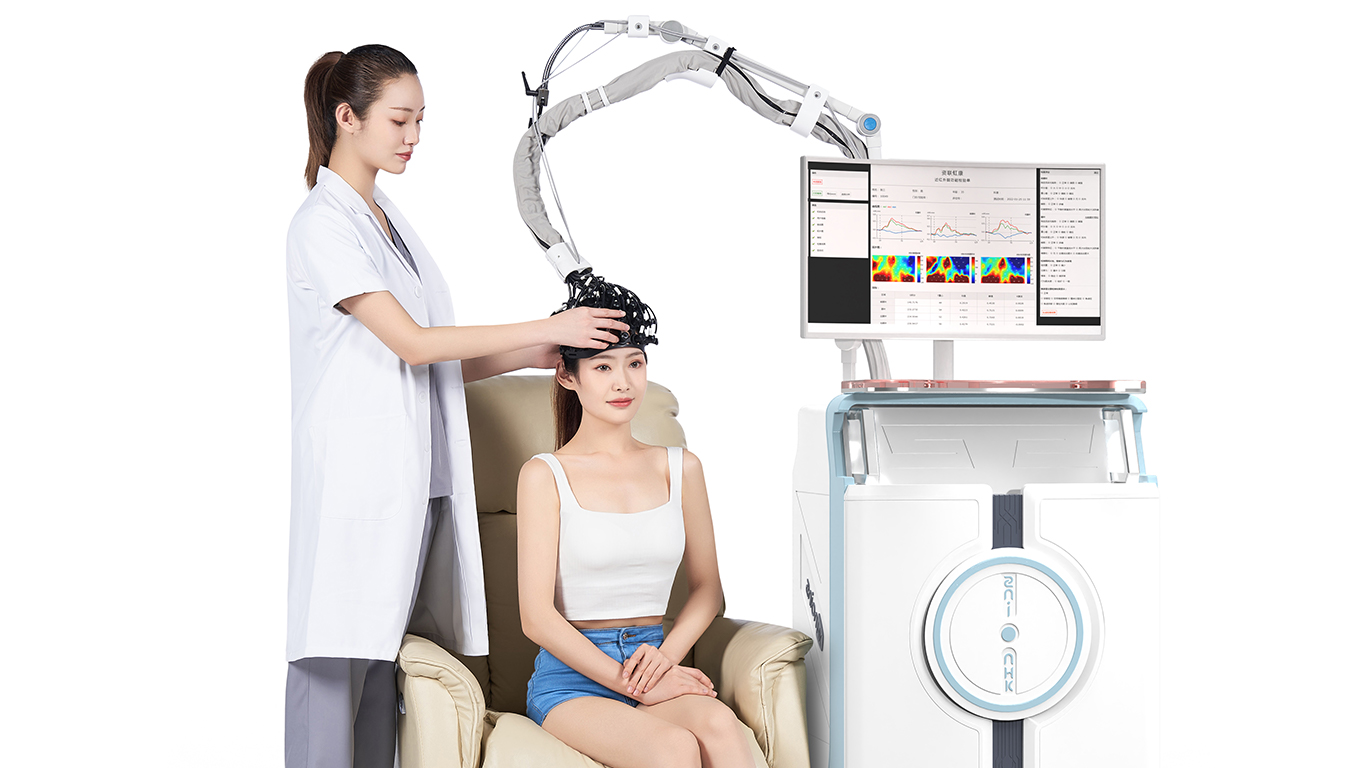Perspective
Pediatric Neuromodulation Comes of Age
Paul E. Croarkin, DO, MSCS
1
and Alexander Rotenberg, MD, PhD
2
Abstract
This special issue surveys recent work and underscores the challenges of psychiatric brain stimulation research with child and
adolescent populations. The field of child and adolescent psychopharmacology is replete with examples of potential pitfalls in
the assumption that ‘‘children are little adults.’’ Arguably, younger age portends more neurobiological and descriptive
heterogeneity in research pursuits and clinical practice. For existing brain stimulation modalities, there are a paucity of
translational models to design studies for youth and no well-studied dosing schemes. The long-term positive and negative
effects of neuromodulation interventions in youth are unknown. Inherent pragmatic and ethical limitations often present
barriers for participant recruitment and will necessitate innovative approaches to study design and team efforts. These
challenges are not insurmountable, and sustained efforts will advance the growing field of pediatric neuromodulation.
N
euromodulation is arapidly evolving field that recognizes
electricity as the primary currency of the brain. Collectively,
neuromodulation includes a wide range of modalities such as
transcranial direct current stimulation (tDCS), transcranial mag-
netic stimulation (TMS), vagal nerve stimulation, electroconvulsive
therapy (ECT), magnetic seizure therapy (MST), and deep brain
stimulation (George and Aston-Jones 2010). Treatments stimulating
relevant neurocircuitry in psychiatric disorders present unique re-
search opportunities and much needed therapeutic advances for pa-
tients with limited options (McClelland et al. 2016). Advances in
brain stimulation have already changed the practice of psychiatry
and composition of multidisciplinary treatment teams. For example,
TMS is no longer considered investigational in adult major depres-
sive disorder and has increasing accessibility (Dunner e
外2016儿童神经调节成熟。



